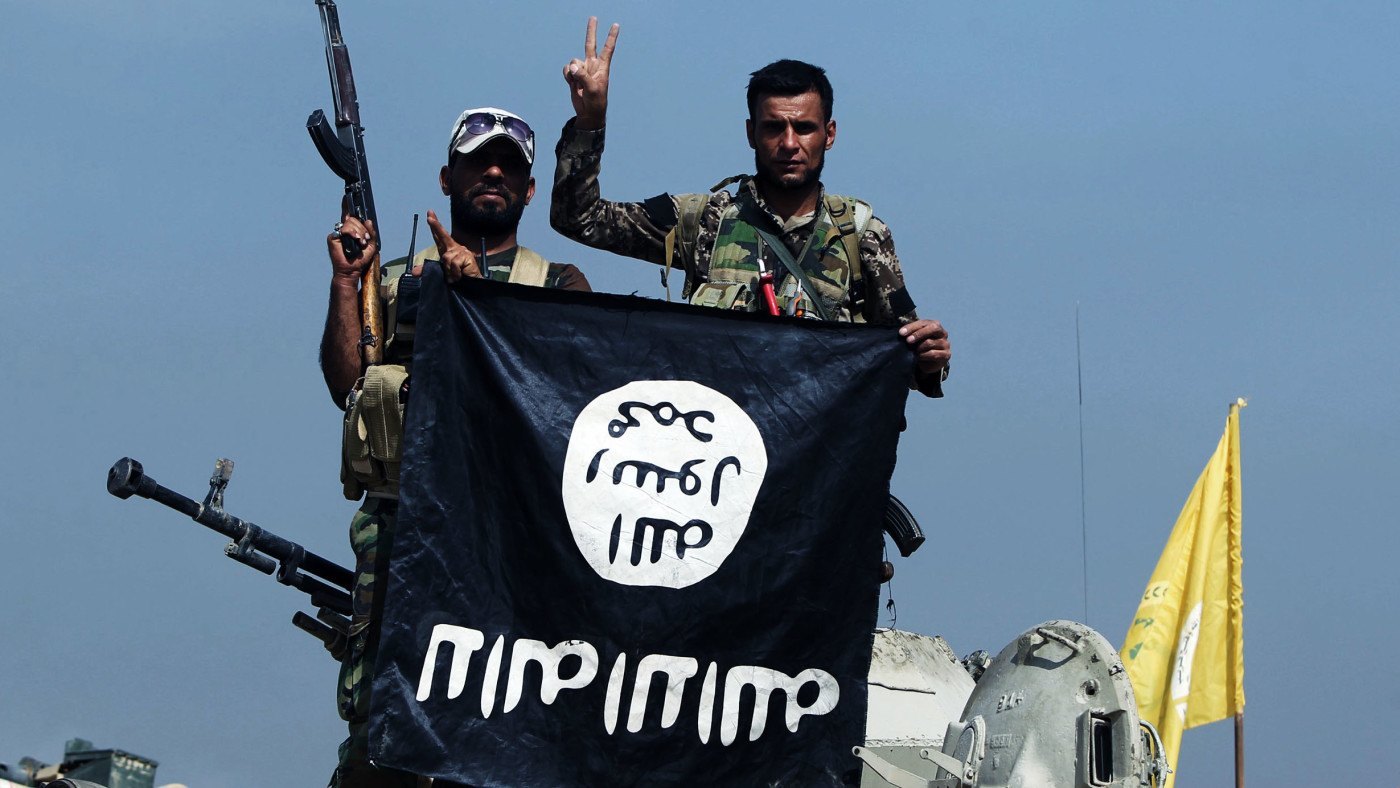Sunday marked the latest in a series of worryingly similar knife attacks in London by released Islamist convicts. Last week, we saw President Trump’s ‘Deal of the Century’ between Israel and the Palestinians rejected out of hand by a large section of Arab public opinion. Both seem to indicate an angry binarism: East vs West, Arab versus Israeli, Islam versus the rest.
Yet detailed polling of the Middle East reveals a more nuanced picture. Growing numbers of Arabs now describe themselves as “not religious” – up from 8% in 2013 to 13% last year, according to the ’s Arab Barometer. The most recent Arab Youth Survey also recorded that young Arabs believe religion plays too big a role in the Middle East, and that religious institutions need to be reformed.
This split between religious fundamentalism and secularism is not taking place in a vacuum. Its context is a developing world – and Arab world in particular – still defined by the gulf between tiny ruling elites, and disenfranchised and powerless populations. Governments are divorced from people’s lives and their essential needs. That democratic deficit breeds distrust, division and, ultimately, conflict.
The contagion between hopeless, impoverished populations in the Middle East and domestic terrorism in the West needs a root-and-branch international response. This means a combination of advanced behavioural research, predictive analytics, and emotionally resonant communication – both online and offline.
Within the region, it means delivering a new, responsive, and productive relationship between governments and their citizens. People must have a meaningful stake in their own future, and be able to hold their leaders accountable for promises made.
Having set up a company that uses the diagnostic instruments and techniques of twenty-first century communications to deliver positive social change, I have witnessed first-hand the power of ideas and narratives to move people – for better and for worse. If there is one thing I am crystal clear about, it is that political Islam offers nothing positive for the region. It has had its moment, and that moment should now be drawing to a close.
Rather than being the miracle cure for the region’s many woes, Islamism – rooted in wider political frustration – has served as a gateway drug to violent extremism. It offers the worst of both worlds, producing lousy politics and besmirching the name of a great world faith. Who can point to a country where political Islam works – providing decent healthcare, education, full employment, and minority rights? No-one.
Exhibit A against Islamism remains Iran, where it has proved to be a cancer. It has shrunk political debate to the grotesque spectacle of angry men – where are all the women? – shouting “Death to Israel! Death to America!” Instead of providing a cure to disenfranchisement, Iranian proxies like Hamas and Hezbollah show a total disregard for governance.
And what about the nihilists of Daesh? They claim to want to restore the Seventh-Century caliphate, although its diversity, inclusiveness, and intellectual curiosity would be anathema to them. The Prophet never recommended slaughtering innocent men, women and children – most of them Muslim – to build the perfect state.
The future instead belongs to those brave enough to take a stand against it. It belongs to those who believe in rapprochement between Israel and the wider Middle East. It belongs to those prepared to voice some hard truths. Of these, none is harder than the suggestion that the West – far from being the enemy of the Muslim world – actually leads the way in Islamic values.
By such measures, Professor Hossein Askari of George Washington University has rated Ireland, Denmark and the UK as being far more ‘Islamic’ than either Malaysia or Kuwait. The Emirati diplomat and author Omar Ghobash has likewise confronted aggressive clerics spouting hatred against Jews and Christians. “What would make a person of sound mind dedicate their lives to developing theories on when it is religiously permissible, or obligatory, to go out and kill others?” he asks.
Fossilised theological arguments will never help the Middle East move forwards. Doing so instead means harnessing the latest technologies to understand the Arab public; what it wants, and what it needs. “Seek knowledge, even unto China,” the Prophet Mohammed said. Now more than ever we must embrace that call – to secure not only the region itself, but also the streets of Western cities.
Click here to subscribe to our daily briefing – the best pieces from CapX and across the web.
CapX depends on the generosity of its readers. If you value what we do, please consider making a donation.


